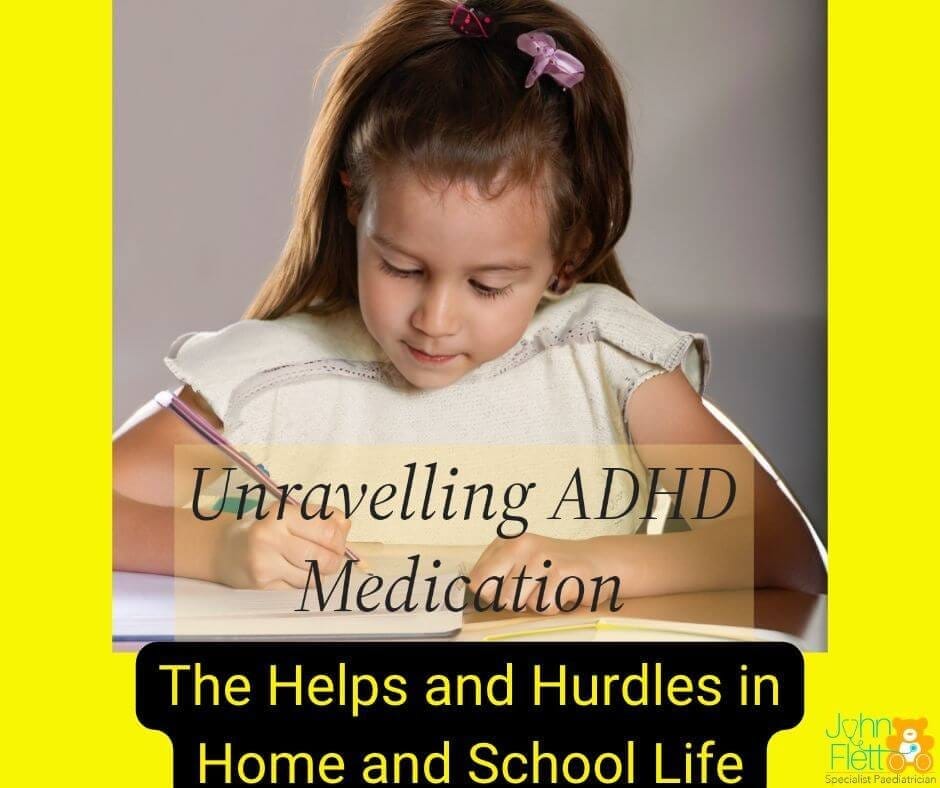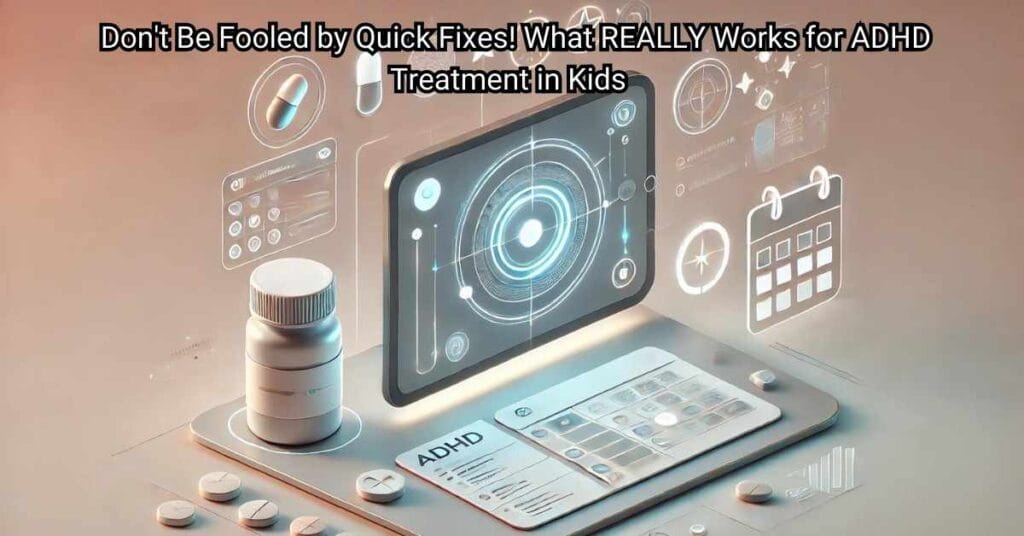Understanding ADHD Medication

Its Benefits and Limitations in Home and School Settings
ADHD medication can play a crucial role in managing the symptoms of Attention Deficit Hyperactivity Disorder (ADHD) in children, thus making it easier for them to function at home and at school. However, while these medications are useful tools, they are not magic bullets that can address every challenge associated with ADHD. Let’s delve into what ADHD medication can do and what it cannot do:
What ADHD Medication Can Do:
1. Improve Focus: One of the most common benefits of ADHD medication is its ability to improve focus and attention. Children taking these medications may find it easier to complete tasks and follow instructions both at home and in the classroom.
2. Decrease Hyperactivity: ADHD medication can help reduce impulsive behaviours and hyperactivity, allowing children to sit still for longer periods and be less disruptive.
3. Better Emotional Regulation: Some children with ADHD experience improvements in emotional regulation with medication, meaning fewer mood swings or outbursts.
4. Improve Academic Performance: With increased focus and reduced impulsivity, children are often better able to learn and achieve academically.
What ADHD Medication Cannot Do:
1. Teach Skills: While ADHD medication can improve focus and reduce hyperactivity, it doesn’t teach coping mechanisms, social skills, or organisational techniques. These must be learned through therapy, coaching, or structured behaviour management programs.
2. Eliminate Symptoms Completely: ADHD medications manage symptoms; they do not cure the disorder. Symptoms may still be present, although often less severe.
3. Guarantee Success: Even with improved focus and decreased hyperactivity, success in school and at home also depends on a variety of other factors, such as supportive environments, appropriate accommodations, and understanding from teachers and family members.
4. Prevent Side Effects: All medications come with potential side effects. For ADHD medications, these can range from decreased appetite and trouble sleeping to moodiness or irritability.
In summary, ADHD medications can significantly help manage symptoms, but they’re only one part of a comprehensive treatment approach. Other components could include behavioural interventions, psychoeducation, counselling, and school or workplace accommodations. Always consult with a healthcare provider to discuss the best-individualised treatment plan for your child.

